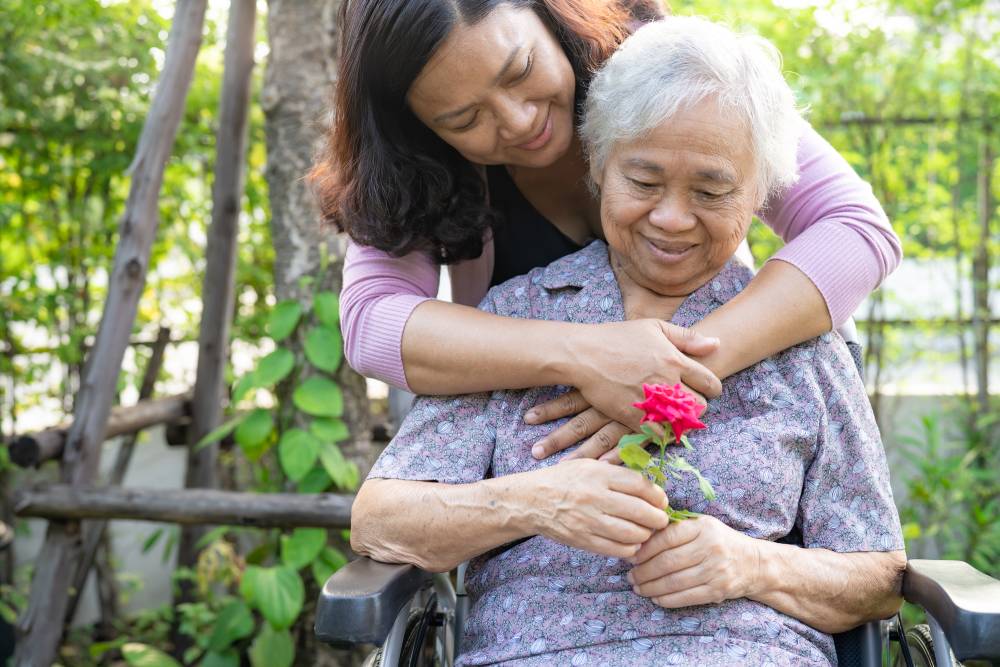
Caregivers for Dementia Patients Report Experiencing Stigma, Discrimination
More than 11 million people in the United States alone provide unpaid care for a dementia patient. Roughly 30% of these caregivers are aged 65 and older, while about a quarter care for a parent and minor children at the same time. This important job can lead to isolation, and a new study finds that the community surrounding the caregiver may be discriminatory against them, too.
Research recently published in the journal BJPsych Open, and led by a team from University College London in the UK, found that many dementia caregivers experience some sort of stigma. This was determined through responses from 70 family caregivers to the FAMily Stigma Instrument, or FAMSI, which gathered information on how the participants felt and how they thought other people view them.

Dr. Jem Bhatt, first author from UCL Psychology & Language Sciences, says, “Family carers save our economy £13.9 billion every year, yet our efforts to understand the cost of stigma on their lives has been minimal. Being treated negatively by others and discriminated against, in other words experiencing stigma, is a common experience for many family carers of people living with dementia and has been identified as a global priority. How we respond to this challenge will determine the well-being of carers in an ever-changing society, which relies heavily on family carers.”
Among the caregivers in this study, 78.6% reported that people had stopped coming to their homes, 71.4% reported receiving negative treatment when they were with their loved one with dementia, and just under 70% said they were no longer invited to family or social events and were avoided within their friendship circle.
The study also looked for positives, however, and there were a few high points reported by participants. Among them were connecting with new friends in similar situations (64.3%) and a sense of being needed, which was reported by 54.3% of caregivers.

The team says going forward, the FAMSI could help identify those dealing with stigma and are in need of support, and it could also be used to create materials to inform those surrounding patients and caregivers – from medical staff to family members – how to make things easier for caregivers.
Dr. Bhatt says, “Stigma is a global priority because it has severe consequences for well-being. Carers in our study felt stigmatised and we need to take the negative effects of stigma for them seriously, such as being excluded and feeling isolated.
“Our paper is a step towards understanding how we can change the stigma experience for carers.”
The team adds that the FAMSI may be a helpful tool in evaluating stigma reduction efforts.
To read the whole paper, click here.
